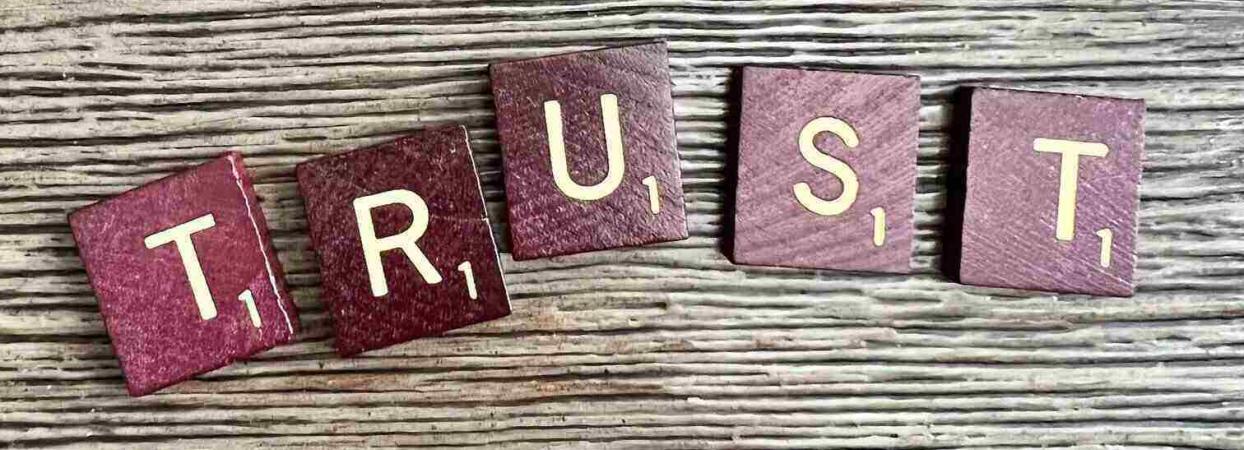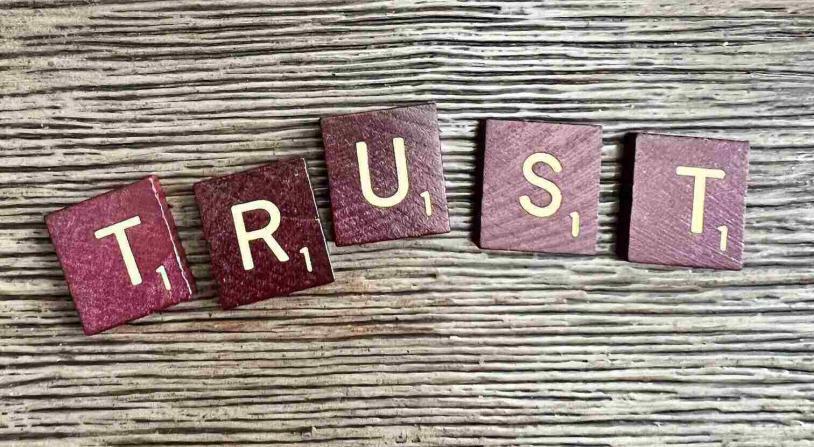In the world of public relations, ethics, and authenticity stand as cornerstones that not only define the profession but also dictate its long-term success and impact. PR professionals play a critical role in shaping public perception, maintaining reputations, and building relationships between organizations and their stakeholders. To achieve these goals effectively and responsibly, adhering to ethical principles and embodying authenticity are paramount.
PR Overview
- Ethics in PR
- Building trust
- Enhancing credibility
- Long-term reputation
- Social responsibility
- Legal compliance
- Professionalism
- Cultivating relationships
- Engagement and impact
- Differentiation
- Reputation enhancement
- Crisis management
- Media and public trust
- Balancing authenticity and ethics
- Truthful storytelling
- Transparent communication
- Managing expectations
- Avoiding misrepresentation
Ethics in PR
Ethical PR serves as the moral compass of any profession, and PR is no exception. Ethical considerations guide PR practitioners in making decisions that prioritize honesty, transparency, and the best interests of their clients, organizations, and the public.
Building trust
Trust is the bedrock of any successful PR campaign. Ethical PR practices, such as providing accurate information, avoiding deception, and respecting privacy, help PR professionals build and maintain trust with clients, stakeholders, and the public.
Enhancing credibility
Ethical PR behavior enhances the credibility of PR professionals. When clients and stakeholders perceive PR practitioners as truthful and trustworthy, their messages are more likely to be accepted and believed.
Long-term reputation
Ethical PR conduct contributes to the long-term reputation of PR professionals and their organizations. Unethical actions can lead to reputation damage that is difficult to repair and can undermine future opportunities.
PR practitioners influence public perception and behavior. Upholding ethical principles ensures that the influence is wielded responsibly, promoting positive social change and responsible communication.
Legal compliance
Ethical PR practices often align with legal requirements. Adhering to ethical guidelines helps PR professionals avoid legal pitfalls that can arise from misleading or dishonest communication.
Professionalism
Ethics elevate the professionalism of the PR industry. Ethical PR practitioners are seen as credible professionals who contribute to the growth and advancement of the field.
Cultivating relationships
Authenticity fosters genuine connections with clients, stakeholders, and the public. Building relationships based on trust and authenticity leads to stronger and more enduring partnerships.
Engagement and impact
Authentic communication resonates with audiences on a personal level. It captures attention, encourages engagement, and drives meaningful action.
Differentiation
In a competitive PR landscape, authenticity sets practitioners and organizations apart. Authenticity creates a unique identity that distinguishes them from others who might resort to manipulative tactics.
Reputation enhancement
Authenticity contributes to a positive reputation. When organizations and PR professionals consistently deliver on their promises and values, their reputation for authenticity grows.
Crisis management
Authenticity is invaluable during times of crisis. Openly addressing challenges and communicating authentically helps organizations regain trust and navigate crises more effectively.
Media and public trust
The media and the public are more likely to trust and engage with authentic messages. Journalists and audiences are discerning and tend to respond positively to messages that come across as genuine.
Balancing authenticity and ethics
While both ethics and authenticity are crucial in a PR career, striking the right balance between the two can be challenging. PR professionals often find themselves in situations where ethical considerations may conflict with the desire to project authenticity. For example, being transparent about a client’s shortcomings might align with ethics but challenge the pursuit of a positive brand image. Navigating this dilemma requires a deep commitment to ethical principles while also recognizing the nuances of authenticity.
Truthful storytelling
Authenticity doesn’t mean revealing every detail. It means conveying stories truthfully and in a way that aligns with ethical principles.
Transparent communication
Being authentic involves transparency. PR professionals can communicate challenges and shortcomings authentically while also demonstrating the organization’s commitment to addressing them.
Managing expectations
Authenticity can extend to managing expectations. PR professionals should ensure that their messages align with the organization’s capabilities and intentions.
Avoiding misrepresentation
Ethical PR guidelines prevent misrepresentation and manipulation. Authenticity is maintained when PR professionals present information accurately and without exaggeration.
How to Find College Internships For Credit
Internships for college students have become a crucial stepping stone toward building a successful...
The Importance of Ethics and Authenticity in a PR Career
In the world of public relations, ethics, and authenticity stand as cornerstones that not only...
What You Can Do With a Public Relations Degree
A public relations degree offers diverse career opportunities. Professionals in this field shape...



